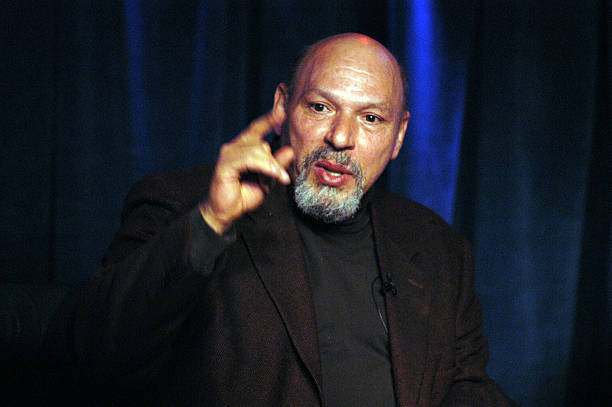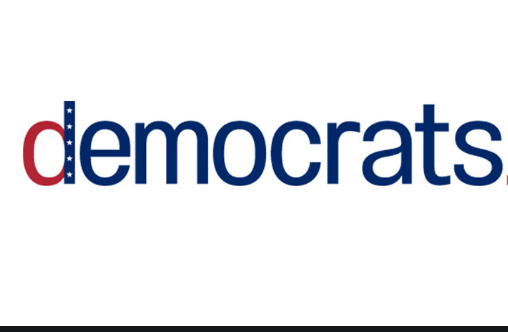(ThyBlackMan.com) The recent economic crash hit everybody hard. In 2009, the US Labor Department reported that in the final four months of 2008, the US economy lost 524,000 jobs and that the unemployment rate rose to 7.2% which at that time was the highest since 1993. Some lost their homes as well. The banks became less eager to lend, and many people were stuck in a downward spiral of diminishing opportunities. While it is still difficult to think of those years, from the vantage point of 2017, it is easier to be optimistic. In January of this year, the US economy was bolstered by 227,000 jobs, an increase on December’s 157,000. While it is always difficult to predict something as tumultuous as a national (and by virtue of the USA’s standing in the world, an international) economy, there are reasons to be optimistic. However you fared over the past decade, here a few things that might cheer you up:
One metric by which one can judge an economy is the strength of its housing market. Housing starts in particular are often used, and if, like most people, you don’t read economic reports on a regular basis, housing starts are the number of new privately owned houses which have started construction within an agreed upon timeframe. The Commerce Department recently released statistics that show the number of housing starts for January of this year fell a few percent. This can be partly explained by the time of year (December is not the busiest month for construction). However, in better news, this year’s figures were a massive 10.5% increase on 2016 and permits for future construction are at their highest rate since late 2015. If you have been renting for a while and want to take the leap and become a homeowner, there are likely to be many brand new houses for you to choose from.
If you are planning to buy a house, you will likely need to take out a  mortgage. One of the ironic benefits of the recent economic crash was that it resulted in the lowering of interest rates. That is good for anyone currently paying their mortgage. However, one of the disadvantages of our economic recovery is that interest rates will soon start to rise concomitantly as confidence does. Many Americans are therefore rushing to take advantage of the temporarily lowered rates before their inevitable improvement.
mortgage. One of the ironic benefits of the recent economic crash was that it resulted in the lowering of interest rates. That is good for anyone currently paying their mortgage. However, one of the disadvantages of our economic recovery is that interest rates will soon start to rise concomitantly as confidence does. Many Americans are therefore rushing to take advantage of the temporarily lowered rates before their inevitable improvement.
It must be acknowledged though that not everyone can get a mortgage. If your credit rate is not quite as stellar as it could be, you may find yourself shut out of a few opportunities to get back on your feet. The system of assessing the risk associated with lending someone money is somewhat strange. It is said that one must be in debt at one time or another to have a good credit rating. The rationale is that you need to demonstrate your capacity for meeting your obligations before you can be trusted to do it again. But when circumstances outside your control, like the economic crash of 2008 and 2009, mean that you cannot pay off your debts as quickly or completely as you’d first hoped, you may find yourself in a difficult position. Luckily, not everyone is as devoted to the spectre of credit ratings as you might expect. Some companies will loan you money and give you a chance to start over. If you want to buy a car for example, and you are looking for more flexible options, you can learn more here.
While many people have the perception that the US is no longer a manufacturing nation, statistics just do not support that position. In fact, the truth may surprise you. In terms of gross output in dollars, the manufacturing sector is the largest in the US economy and is impressively outperforming sectors that are stereotypically looked upon as more successful such as the healthcare industry, real estate and construction itself. Besides, manufacturing is improving upon itself year by year and coming into 2017, it was at a two-year peak. While it is easy to be pessimistic about the state of the USA’s economy, it is just as easy to dispel such pessimism with facts about the robust performance of things like manufacturing.
A perhaps less intuitive indicator of the economy’s relative strength is whether people feel it is strong. Like most other aspects of life, the economy is a confidence game and if people believe in it, they are more likely to spend, less likely to save, and therefore the economy will be stronger. Some have suggested that the recent upsurge in optimism can be in part attributed to last year’s presidential election. Gallup’s U.S Economic Confidence Index demonstrated an increase of 13 points last November. It should be noted however that this number refers to the US population as a whole. One’s perspective tends to be tied to one’s political leanings with Trump’s win making Republicans feel more confident while Democrats are more disheartened.
While the US is still the world’s leading economy, its success or failure depends in no small part on the performance of other economies around the world. As one fails, the others feel the knock on effect. Conversely, as the US economy has improved, as have the economies of Western European nations like the UK, Germany, and Spain; French consumer confidence, in particular, is high right now and is in fact at its highest in nine years. It is important to remember that these nations represent a few of the United States’ major trading partners. When they are doing well, Americans will benefit.
Finally to the Dow Jones: earlier this year it broke its record for industrial average at over 20000. As a point of comparison, in the thick of the economic crash, it fell to as low as 6000.
While there are many ways to assess the health of the US economy, it is still difficult to predict and it may change at any time. However, for now, there is cause for quiet optimism.
Staff Writer; Harold Adams




















Leave a Reply